As the weather warms up and hot nights see us tossing and turning how much sleep do we really need?
Editor Jane Garton looks at the optimal amount and what to do if a good night’s sleep doesn’t come easy.
We’ve long been told that eight hours sleep a night should be our aim for optimum health and wellbeing. But a recent study on people taking part in the UK Biobank project[i] reveals that as we approach middle age and beyond seven may be better for cognitive performance and mental health.
When asked about their sleeping patterns, mental health and wellbeing as well as taking part in cognitive tests, study participants who slept seven hours a night scored highest in tests for processing speed, visual attention, memory, and problem-solving skills.
But what if you can’t get to sleep at night or keep waking up as the nights become warmer and the morning’s lighter?
Read on for some tips to help you nod off gently.
Sunlight and exercise

Sunlight exposure helps maintain a healthy sleep-wake cycle so make sure you spend time outside each day.
Exercise in the morning or early afternoon may help. But avoid exercise too close to bedtime and always ensure a proper wind-down after exercise in the evening.
Bedroom and body temperature
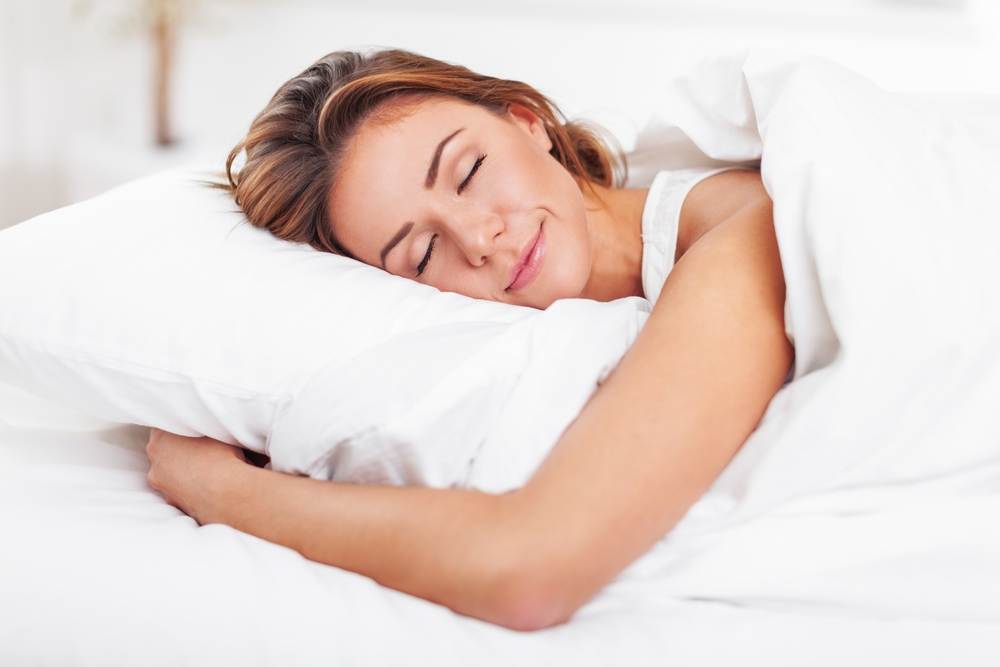
Opt for cotton nightwear and natural fabrics such as linen and bamboo-mixes for sheets and duvet covers which are cooling and breathable.
Check the tog rating on your duvet. Ideally you should have a winter and a summer duvet with a tog rating that feels comfortable for you.
Keep your bedroom cool especially as the weather warms up. The ideal temperature is between 16C and 18C say the experts. Why not buy yourself a room thermometer and get the climate right for a good night’s slumber.
Relaxation
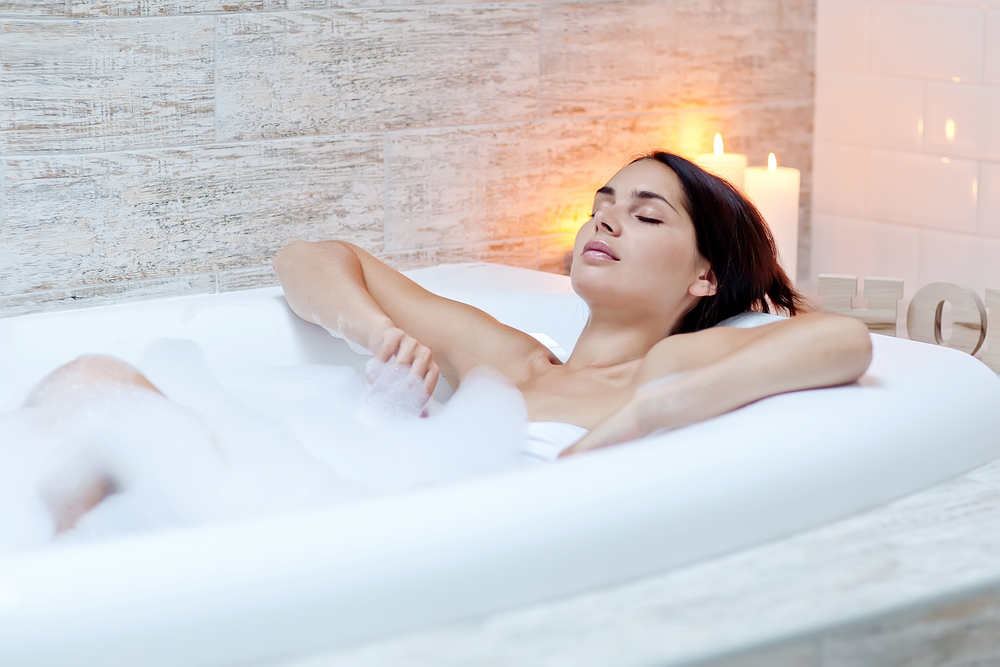
Establishing a regular wind down ritual before bed will help. Listen to the radio, have a warm bath, or quietly read from the (printed) page. But don’t be tempted to check that last email or your Instagram feed – you risk over stimulating the brain which means it could take longer to settle.
Have a glass of milk before bed. Milk contains tryptophan, an amino acid linked with better sleep.
Avoid overstimulation
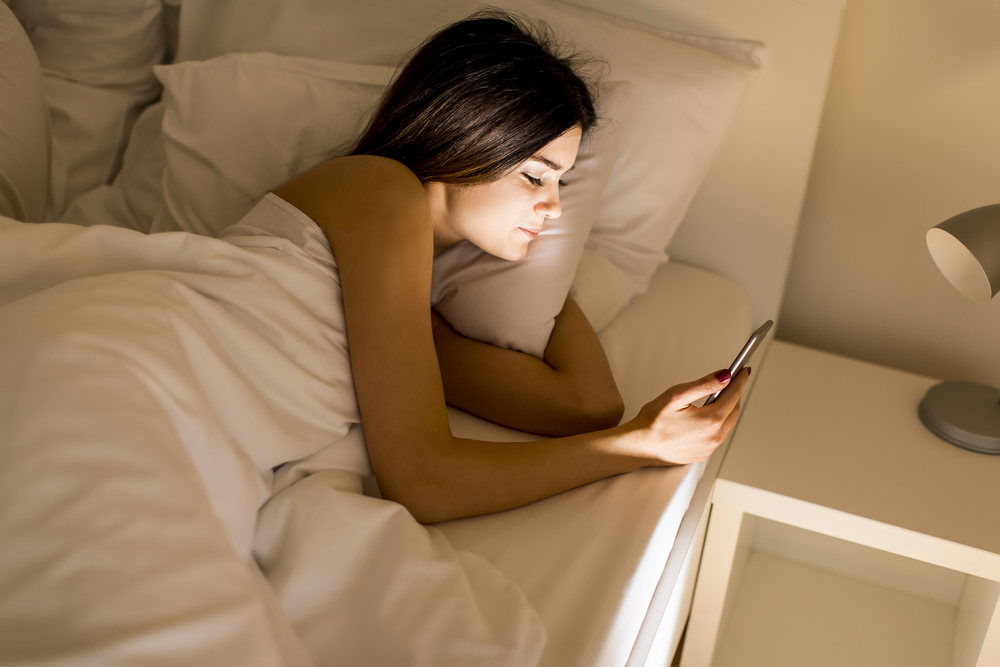
Never take a laptop into your bedroom – not even kindles or tablets. The glare from these small screens emits a light that disrupts the pineal gland in the brain, blocking production of the sleep-inducing hormone melatonin. And avoid scrolling through your phone.
Avoid late night tipples and snacks. Eating and drinking too much on a balmy summer’s evening means your body may still be burning calories when you go to bed which hampers a good night’s slumber.
Don’t watch the late news and avoid talking about stressful things close to bedtime. If you can’t fall asleep within 30 minutes of going to bed, or you find yourself awake for more than 20 minutes in the middle of the night, don’t lie there getting more and more anxious; get up, go to another room, and do something relaxing until you feel sleepy again. If you are worried about something, try and distract your mind by thinking about something pleasant, but not emotionally engaging or read a book. Try listening to a podcast at a low volume level so you can drift off when your body is ready to sleep.
Sleep inducing herbs to try:
Camomile
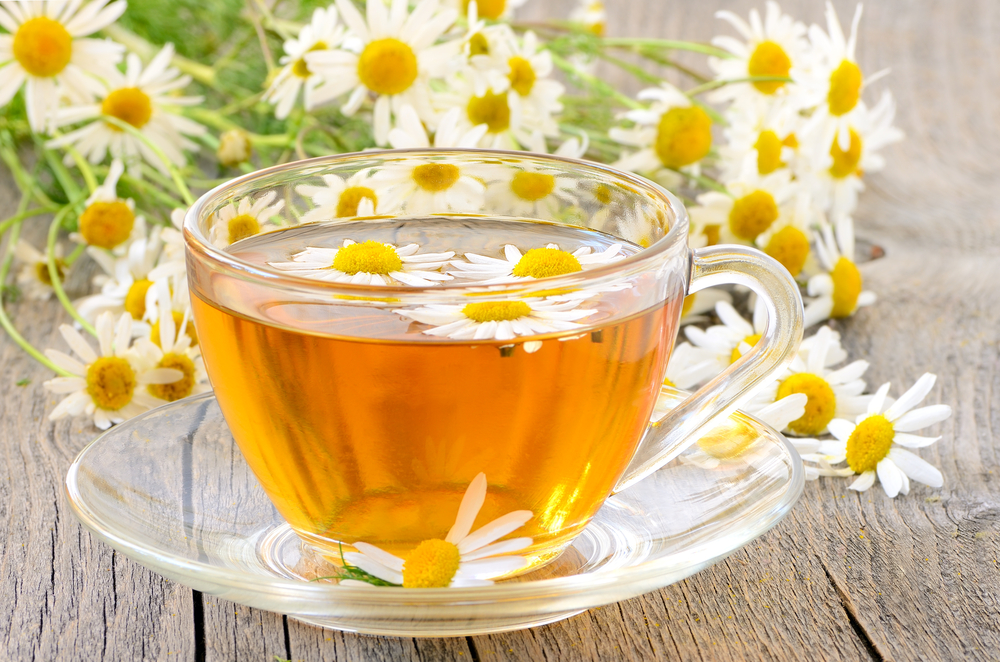
Camomile, with its daisy-like flowers, is a well-known natural remedy for sleep. Try it in a soothing night-time tea. Put one teabag or 5-8g of loose camomile into a cup of boiling water. Cover and leave to infuse for a few minutes before drinking.
Valerian
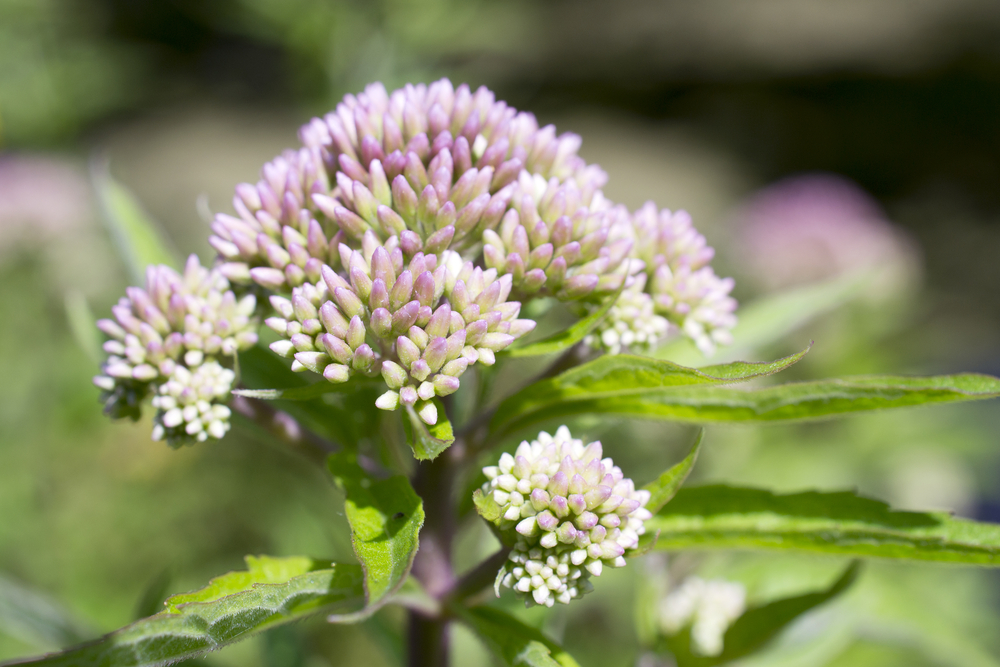
Extracts of valerian root contain natural compounds known as iridoids that have a calming effect on the nervous system, which can help to relax you, putting you in the mood for sleep. Valerian is often combined with other herbs such as lemon balm and hops, both known for their calming properties.
Passionflower
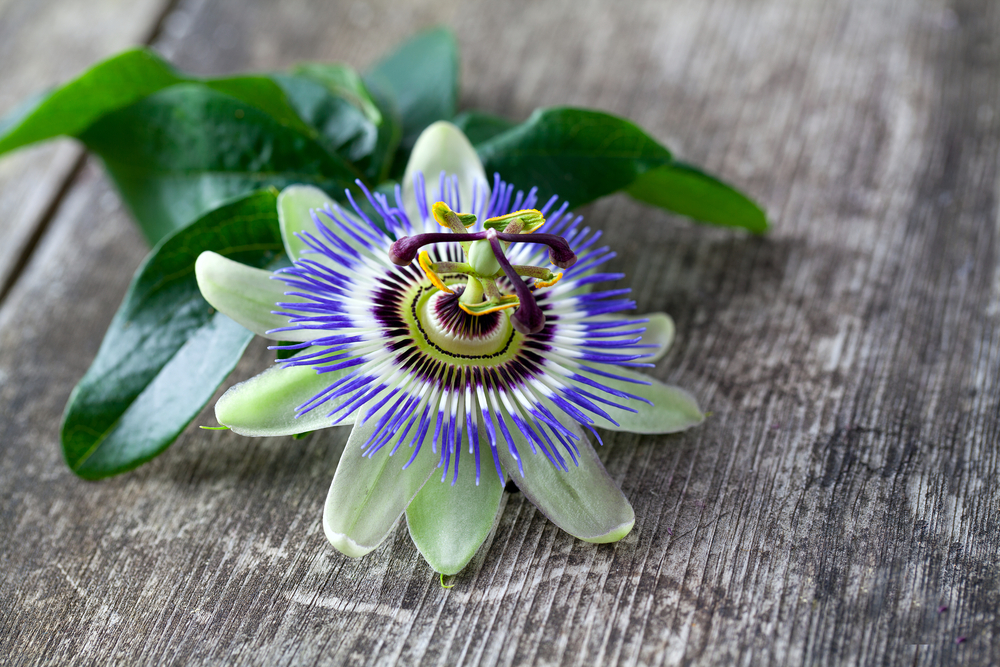
The vibrant blooms of the distinctive South American Passionflowers yield soporific fruits that are often used to calm nervous tension. Passionflower combines well with camomile and valerian to aid sleep. To make an infusion put one teaspoon of dried plant into a cup of boiling water. Leave to infuse for a few minutes before straining and drinking.
Lavender
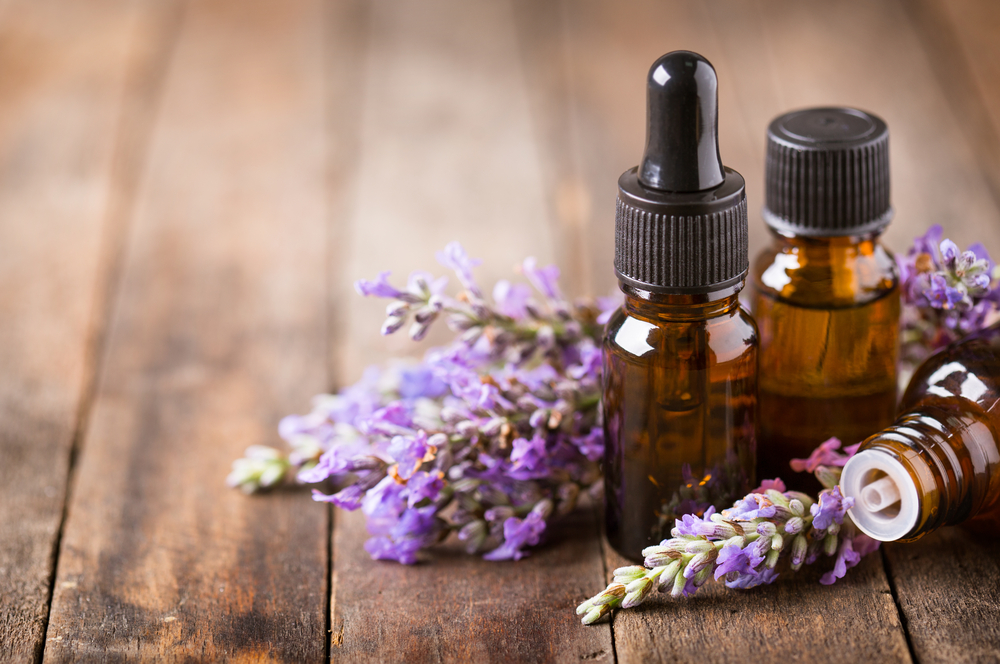
The dried flowers of deliciously scented lavender have been used as a sedative since the 12th century. Invest in a lavender pillow; alternatively sprinkle up to four drops of lavender essential oil on your pillowcase and inhale the aroma as you drift off into the land of sweet dreams.
[i] www.nature.com/articles/s43587-022-00210-2

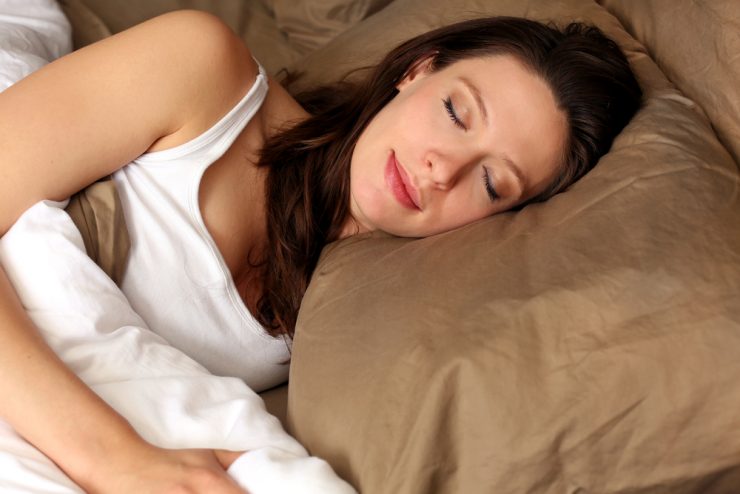






















Add comment